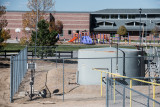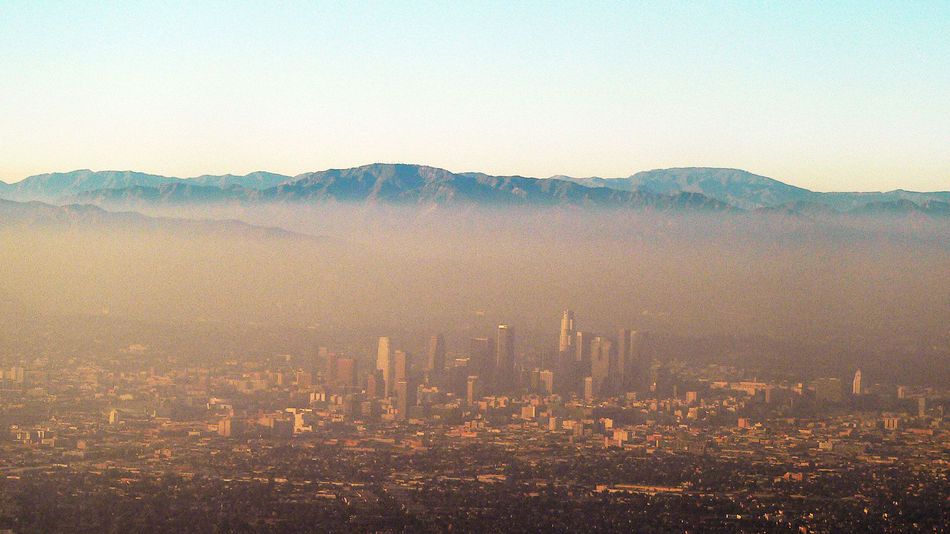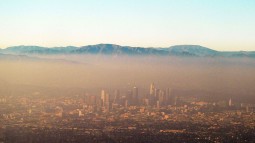This week’s How On Earth features the following:

How Environmental Toxins Harm Maternal Health (start time: 1:30)
Being exposed to wildfires and other forms of air pollution can wreak havoc on anyone’s health. If you’re pregnant, or socioeconomically disadvantaged, you are particularly susceptible to the negative effects of airborne contaminants. How On Earth’s Susan Moran, and contributing host Kara Fox discuss these issues with our guests: Dr. Tanya Alderete, an assistant professor of integrative physiology at CU Boulder; and Zach Morgan, who earned his masters degree last year in integrative physiology at CU Boulder. He was the lead author on a 2023 study (with senior author Dr. Alderete and others) on how air pollution impairs brain development in infants and toddlers.
(Dr. Alderete and colleagues are seeking participants living in Boulder or Denver in a new study of how plastic exposure might affect the physical health of mothers and their infants. Read this screening survey.)
Hosts/Producers: Kara Fox, Susan Moran
Executive Producer/Engineer: Joel Parker
Listen to the show here:
Podcast: Play in new window | Download (Duration: 27:17 — 37.5MB)
Subscribe: RSS






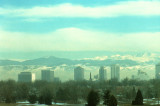
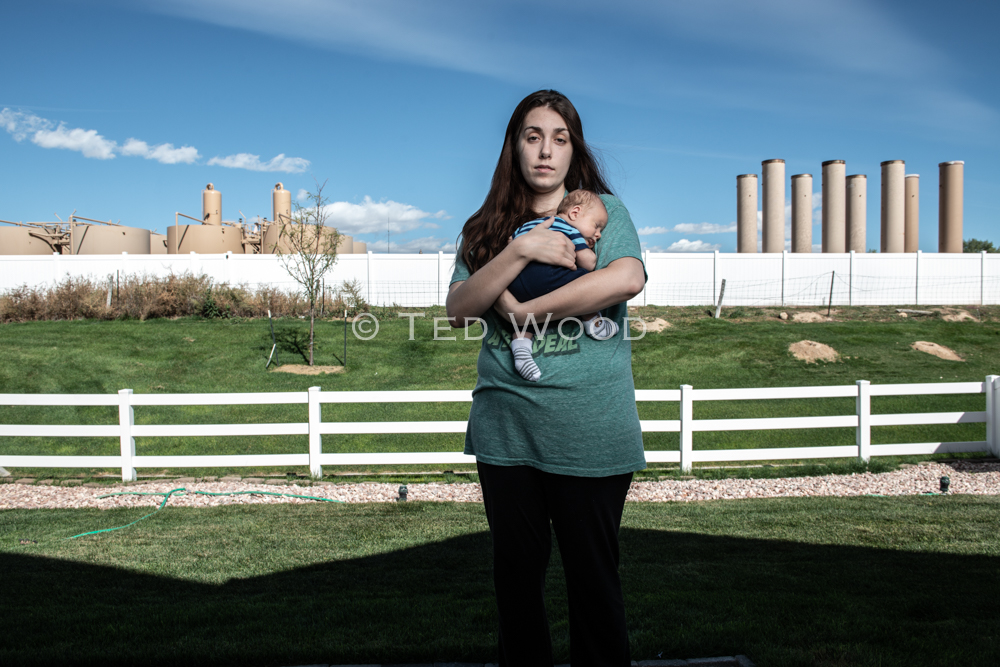
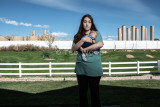
 Healthy Planet+Healthy Humans? (start time: 14:46)
Healthy Planet+Healthy Humans? (start time: 14:46) 
 New Theory of How Cancer Evolves Inside Us (start time: 0:58): It is commonly known that cancer afflicts old people more than youth. Conventional wisdom has held we get cancer with age largely because we accumulate lots of genetic mutations over many years, and it’s the mutations that cause cancer. Our guest,
New Theory of How Cancer Evolves Inside Us (start time: 0:58): It is commonly known that cancer afflicts old people more than youth. Conventional wisdom has held we get cancer with age largely because we accumulate lots of genetic mutations over many years, and it’s the mutations that cause cancer. Our guest, 